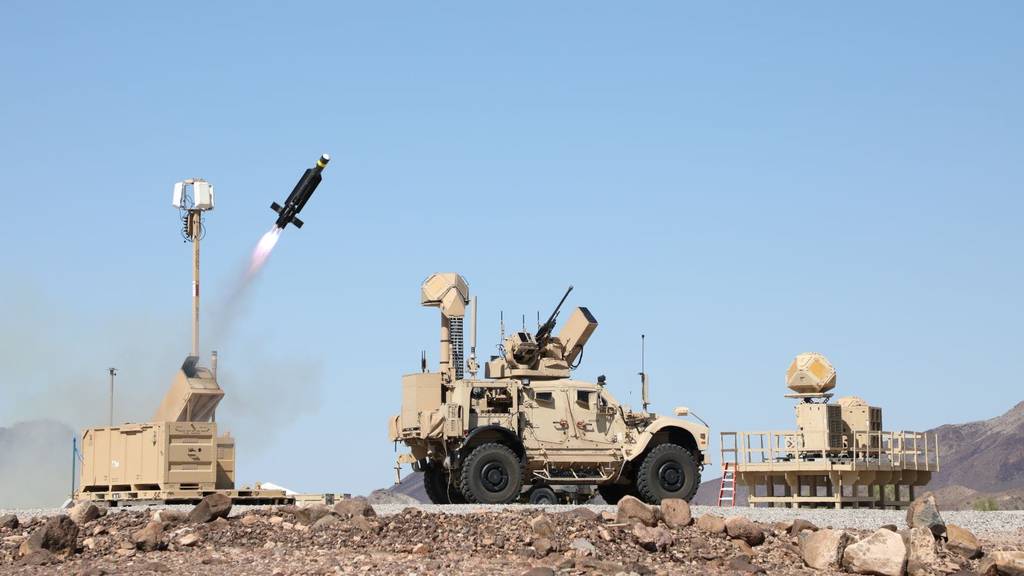
The U.S. Army is buying hundreds of drone-killing Coyote interceptors from defense contractor RTX to fortify its ability to counter unmanned aerial systems.
The service agreed to pay $75 million for 600 of the ground-launched, radar-guided Coyote 2C devices, it said Feb. 9.
The effort was led by its Program Executive Office for Missiles and Space, tasked with developing overhead defenses, long-range rocket systems, directed-energy lasers and more. Using a method known as rapid acquisition authority, the Army is expected to secure the counter-drone munitions in less than 30 days. Other, more traditional means can take months or years.
While the Army already deploys some Coyote systems in mobile and stationary setups — in what’s known as the Low, slow, small, unmanned aircraft Integrated Defeat System, or LIDS — this latest purchase marks growth in demand and production. It comes on the heels of a contracting notice describing the military’s intent to obtain and deploy thousands of Coyote interceptors and hundreds of their associated launchers and radars in the next five fiscal years.
RELATED
:quality(70)/cloudfront-us-east-1.images.arcpublishing.com/archetype/HAXAWDMFWRDGJNWUZO2PQKBEUU.jpg)
“The U.S. Army has a need to develop, produce and maintain countermeasures against enemy armed and intelligence-gathering UASs operating at various speeds and altitudes, which are targeting both U.S. and their allies’ interests at home and abroad,” the government notice stated.
The deal with RTX was inked days before Iran-backed militants killed three soldiers and injured dozens more with a one-way attack drone at the Tower 22 installation in Jordan, near the Syrian border. The strike underscored the pressing need to bat down drones, which can be assembled with off-the-shelf parts and can be relatively cheap.
RTX, formerly Raytheon Technologies, is the second largest defense contractor in the world when ranked by defense-related revenue. The Virginia-based company made $39 billion in 2022 and $41.8 billion in 2021, according to Defense News Top 100 analysis.
Author: Colin Demarest
Source: DefenseNews



